Filter by
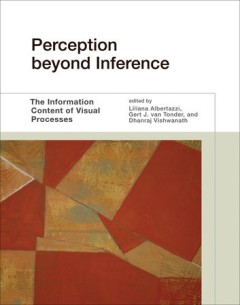
Perception beyond Inference: The Information Content of Visual Processes
Proposing a new paradigm for perceptual science that goes beyond standard information theory and digital computation. This book breaks with the conventional model of perception that views vision as a mere inference to an objective reality on the basis of "inverse optics." The authors offer the alternative view that perception is an expressive and awareness-generating process. Perception creates…
- Edition
- -
- ISBN/ISSN
- 9780262295550
- Collation
- 1 online resource (ix, 445 pages) :illustrations
- Series Title
- -
- Call Number
- -
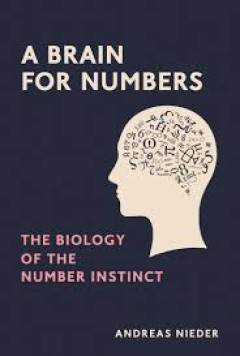
A brain for numbers :the biology of the number instinct
OCLC-licensed vendor bibliographic record.
- Edition
- -
- ISBN/ISSN
- 9780262354318
- Collation
- 1 online resource (344 pages).
- Series Title
- -
- Call Number
- -
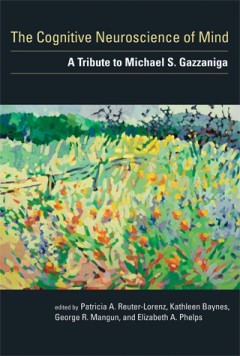
The Cognitive Neuroscience of Mind: A Tribute to Michael S. Gazzaniga
These essays on a range of topics in the cognitive neurosciences report on the progress in the field over the twenty years of its existence and reflect the many groundbreaking scientific contributions and enduring influence of Michael Gazzaniga, 'the godfather of cognitive neuroscience'.OCLC-licensed vendor bibliographic record.
- Edition
- -
- ISBN/ISSN
- 9780262266055
- Collation
- 1 online resource (ix, 240 pages, 4 unnumbered pages of plates) :illustrations (some color)
- Series Title
- -
- Call Number
- -
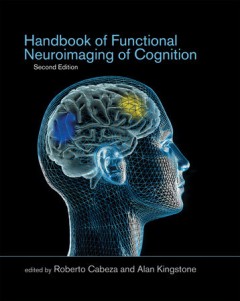
Handbook of functional neuroimaging of cognition
A new edition of the essential resource on using functional neuroimaging techniques to study the neural basis of cognition, revised with the student in mind; thoroughly updated, with new chapters on fMRI physics, skill learning, emotion and social cognition, and other topics. This essential resource on neuroimaging provides an accessible and user-friendly introduction to the field written by le…
- Edition
- 2nd ed.
- ISBN/ISSN
- 9780262316323
- Collation
- 1 online resource (x, 492 pages, 20 unnumbered pages of plates) : illustrations (some color).
- Series Title
- Cognitive Neuroscience
- Call Number
- 610 HAN
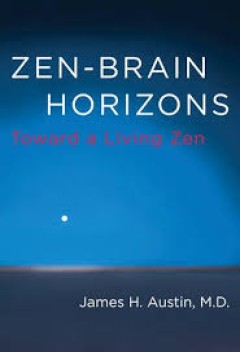
Zen-Brain Horizons: Toward a Living Zen
A neurologist and Zen practitioner clarifies the benefits of meditative training, drawing on classical Buddhist literature and modern brain research."In Zen-Brain Horizons, James Austin draws on his decades of experience as a neurologist and Zen practitioner to clarify the benefits of meditative training. Austin integrates classical Buddhist literature with modern brain research, exploring the …
- Edition
- -
- ISBN/ISSN
- 9780262321150
- Collation
- 1 online resource (xxi, 273 pages) :color illustrations
- Series Title
- -
- Call Number
- -
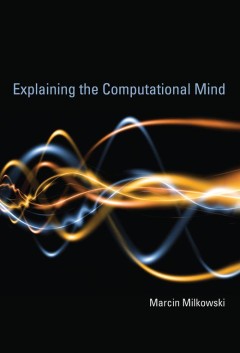
Explaining the computational mind
In this work, Marcin Milkowski argues that the mind can be explained computationally because it is itself computational - whether it engages in mental arithmetic, parses natural language, or processes the auditory signals that allow us to experience music.OCLC-licensed vendor bibliographic record.
- Edition
- -
- ISBN/ISSN
- 9780262313919
- Collation
- 1 online resource (x, 243 pages)
- Series Title
- -
- Call Number
- -

What is addiction?
"The image of the addict in popular culture combines victimhood and moral failure; we sympathize with addicts in films and novels because of their suffering and their hard-won knowledge. And yet actual scientific knowledge about addiction tends to undermine this cultural construct. In What Is Addiction? leading addiction researchers from neuroscience, psychology, genetics, philosophy, economics…
- Edition
- -
- ISBN/ISSN
- 9780262288248
- Collation
- 1 online resource (xi, 448 pages) :illustrations
- Series Title
- -
- Call Number
- -
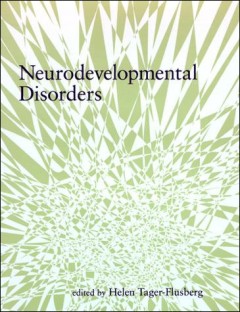
Neurodevelopmental disorders
"Until recently, genetic, neuroanatomical, and psychological investigations on neurodevelopmental disorders were carried out independently. Now, tremendous advances across all disciplines have brought us toward a new scientific frontier: the integration of molecular genetics with a developmental cognitive neuroscience. The goal is to understand the basic mechanisms by which genes and environmen…
- Edition
- -
- ISBN/ISSN
- 9780262284653
- Collation
- 1 online resource (xii, 614 pages) :illustrations.
- Series Title
- -
- Call Number
- -

Better than conscious? : DECISION MAKING, the HUMAN MIND, and IMPLICATIONS FO…
Experts discuss the implications of the ways humans reach decisions through the conscious and subconscious processing of information. Conscious control enables human decision makers to override routines, to exercise willpower, to find innovative solutions, to learn by instruction, to decide collectively, and to justify their choices. These and many more advantages, however, come at a price: the…
- Edition
- -
- ISBN/ISSN
- -
- Collation
- 1 online resource (xiv, 449 pages) : illustrations (some color).
- Series Title
- -
- Call Number
- -

Brain signal analysis Advances in Neuroelectric and Neuromagnetic Methods
This title explores recent developments in the tools and techniques of data acquisition and analysis in cognitive electrophysiology.
- Edition
- -
- ISBN/ISSN
- -
- Collation
- 1 online resource (x, 259 pages, 8 unnumbered pages of plates) : illustrations (some color)
- Series Title
- -
- Call Number
- -
 Computer Science, Information & General Works
Computer Science, Information & General Works  Philosophy & Psychology
Philosophy & Psychology  Religion
Religion  Social Sciences
Social Sciences  Language
Language  Pure Science
Pure Science  Applied Sciences
Applied Sciences  Art & Recreation
Art & Recreation  Literature
Literature  History & Geography
History & Geography